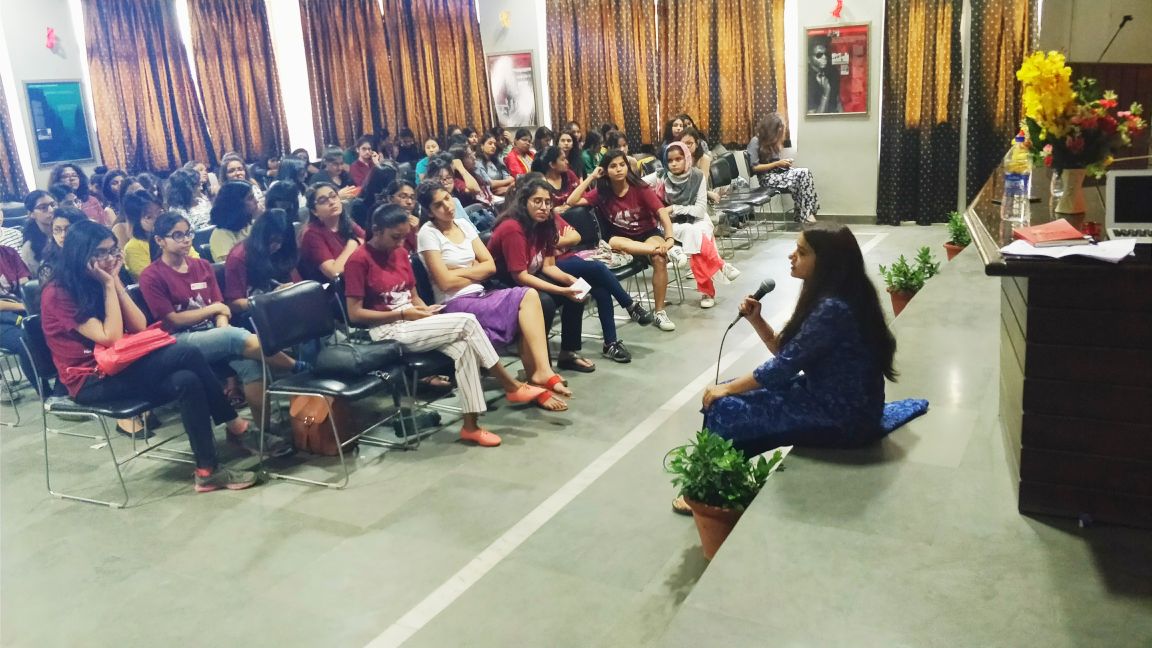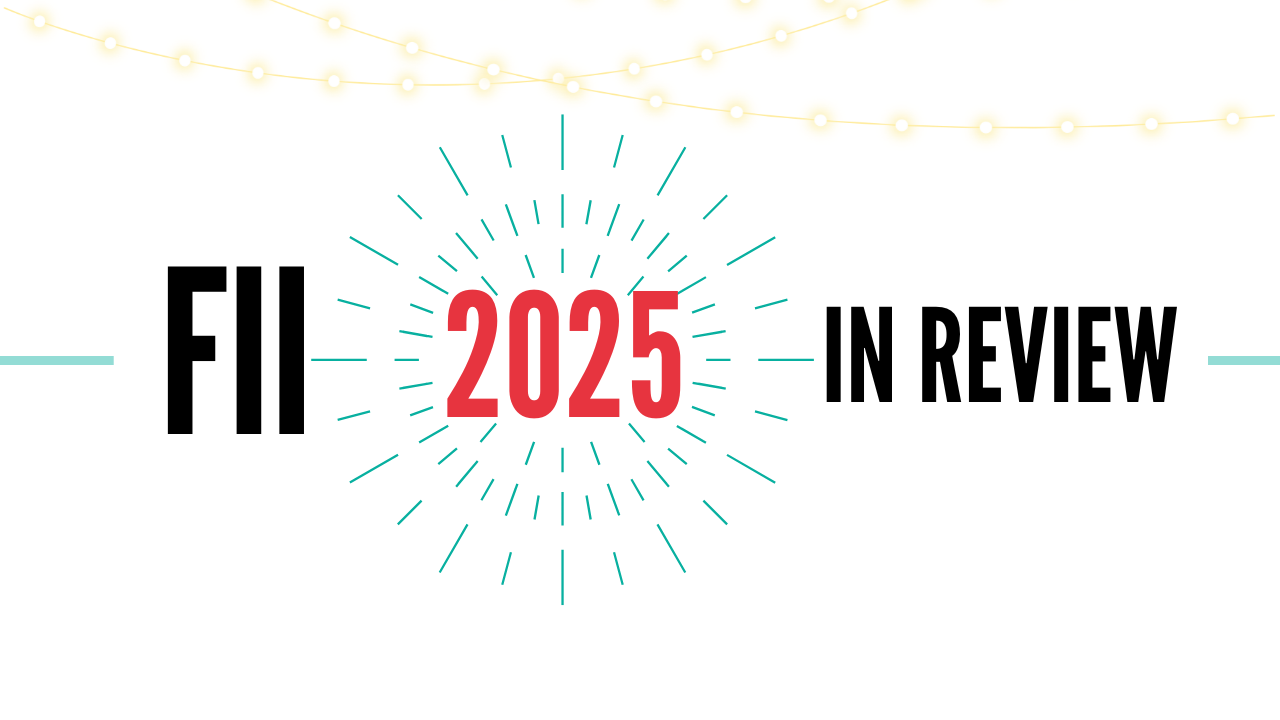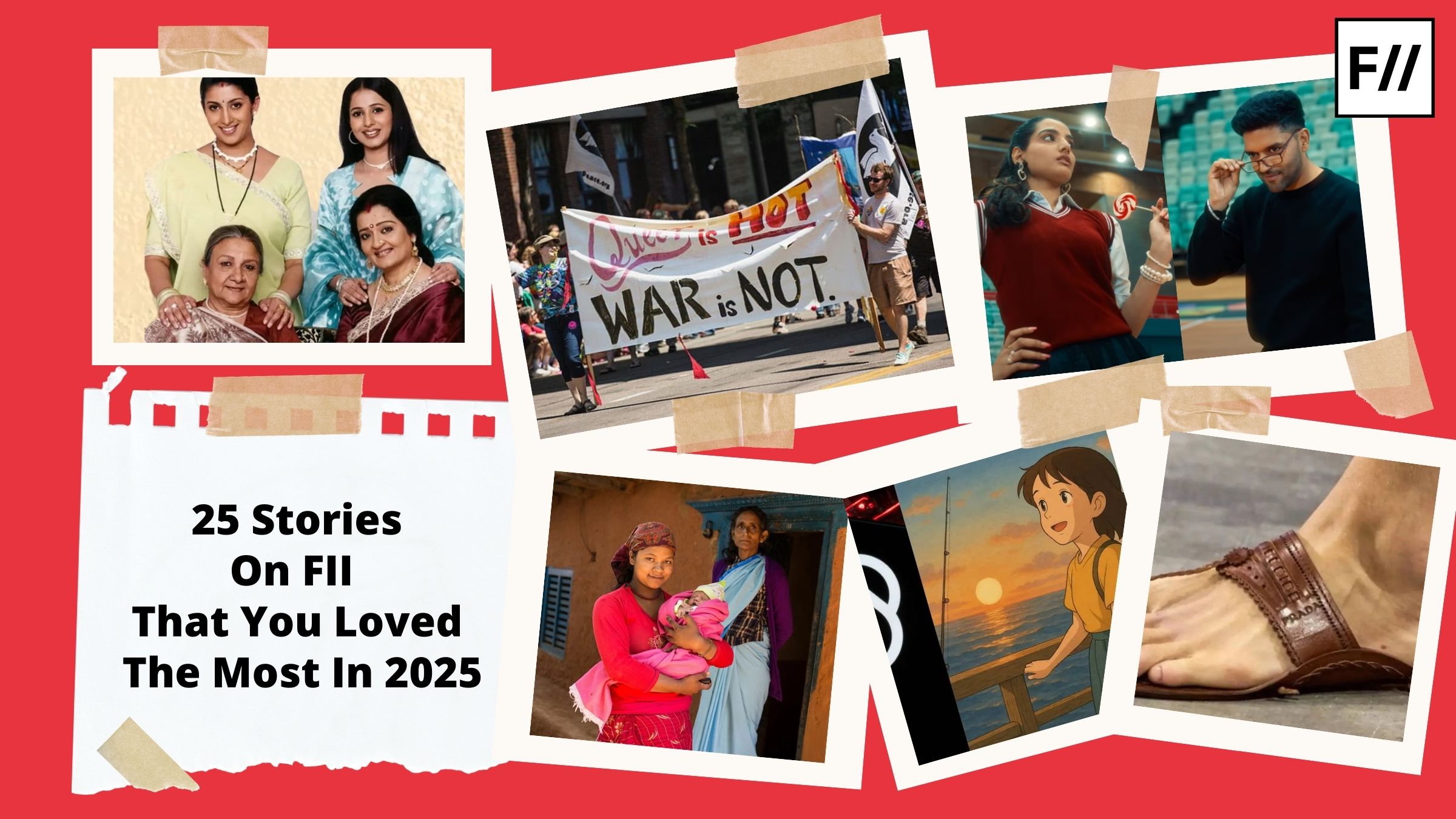On 6th April 2018, FII was invited to host a workshop at Gargi College, University of Delhi on mainstream media’s reportage of gender-based violence. The workshop, which took 3-4 hours, was attended by about 50 women who were students of English Studies. It interrogated the way mainstream news media covered stories of gender-based violence, which often reinforce regressive victim-blaming attitudes that lead to rape culture.
We are at #GargiCollege for a workshop on how gender based violence is reported in the media! pic.twitter.com/3fFF8eOO8H
— Feminism in India (@FeminismInIndia) April 6, 2018
We began the workshop discussing the impact that language, headlines and images have on our subconscious mind. News media is often taken at face value as the gospel truth – it isn’t analyzed for its choice of language or the content it chooses to reveal.
.@japna_p discussing the impact that media headlines and info have on shaping our perceptions. #Victimblaming language in the media contributes to #rapeculture. pic.twitter.com/hHJ1NeNUYP
— Feminism in India (@FeminismInIndia) April 6, 2018
Then, we divided the audience into groups of four and five to analyse the media reportage of a rape case. Each group was asked to write down the facts given to them in the article – what information did the article provide about the survivor of violence, what did it tell us about the perpetrator? What information did they feel was unnecessary, what information did they feel was lacking?
Each group then presented the information they found, which was collectively analyzed for victim-blaming language, the erasure of caste-based or ableist aspects to violence, and the subtle ways through which rape culture was reinforced in the headlines’ choice of language and the accompanying images that they went with.
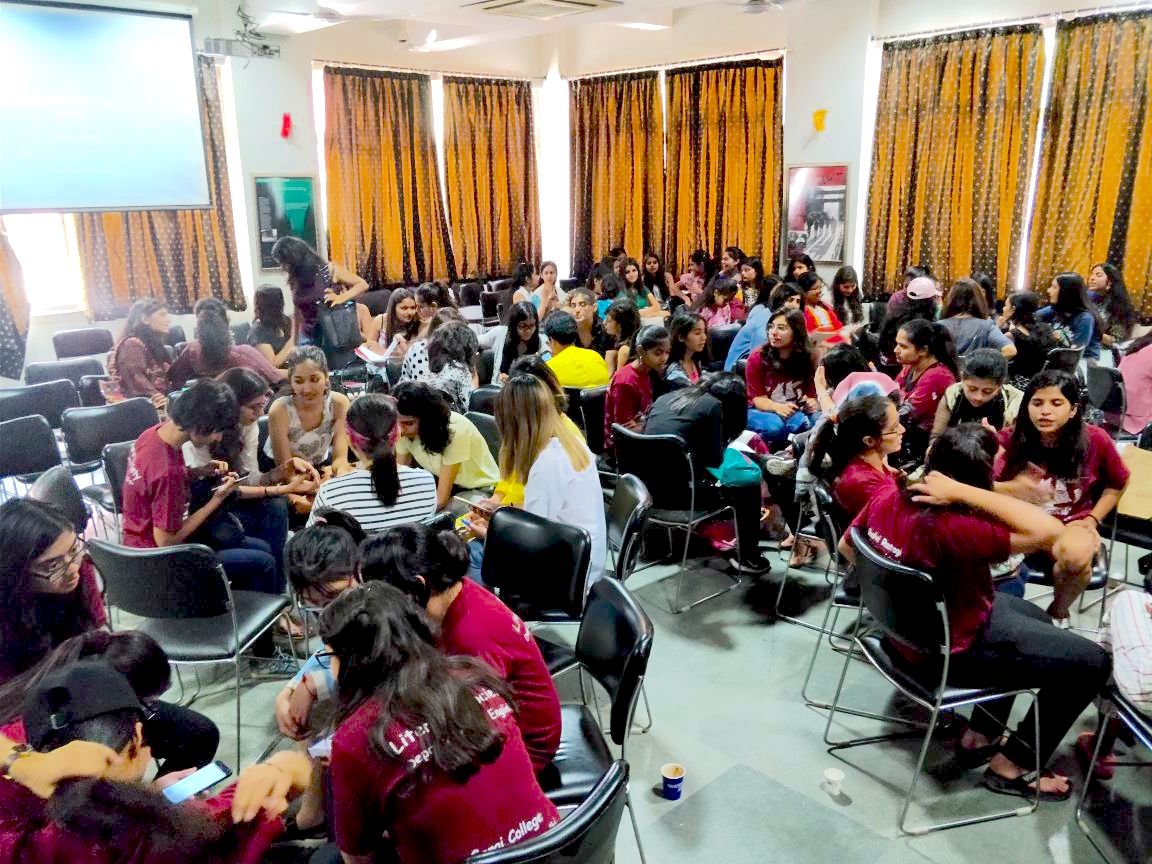
Group activity time!
What does news media tell us about the victim? What does it say about the perpetrator? What details does it ignore? #GBVinMedia pic.twitter.com/qVXCXfH2XU
— Feminism in India (@FeminismInIndia) April 6, 2018
.@asmitaghosh18 analyses the headlines used in rape cases and how they reinforce the victimization and lack of agency of rape survivors. #GBVinMedia pic.twitter.com/wgsonLH7ZT
— Feminism in India (@FeminismInIndia) April 6, 2018
Finally, we asked the participants a series of questions on how they would interview and report sensitively in a host of hypothetical situations, sparking an insightful discussion on consent, identity and privacy. We ended with a few positive examples of sensitive reportage, as well as a set of ethical guidelines on how to better report gender-based violence.
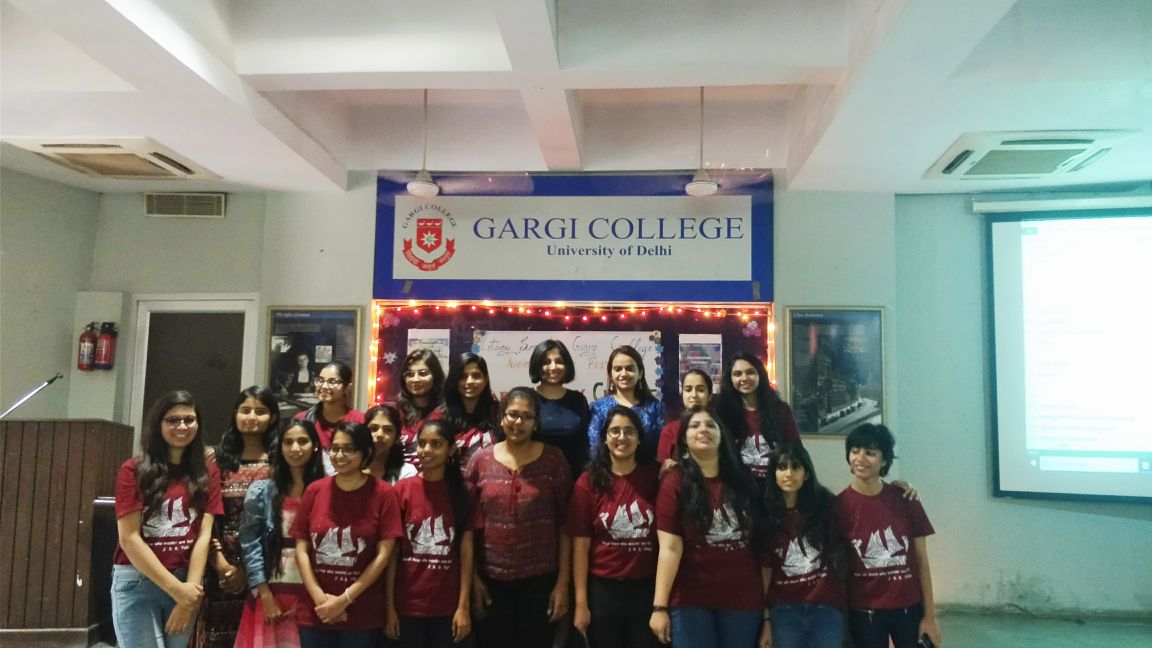
FII with the organizing team at Gargi College
Also Read: Sixteen Ways To Implement Gender Ethical Journalism
If you would like us to conduct this workshop at your institution/organisation/media company, please email us at info@feminisminindia.com.
About the author(s)
Feminism In India is an award-winning digital intersectional feminist media organisation to learn, educate and develop a feminist sensibility and unravel the F-word among the youth in India.
